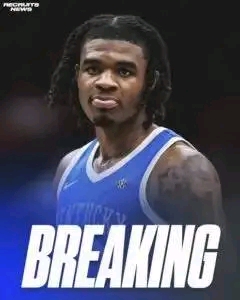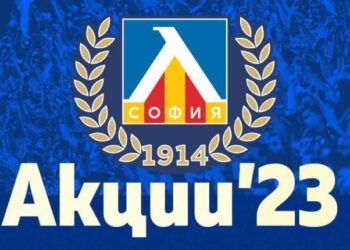In a story that started as a heartwarming tribute but quickly turned into a firestorm of controversy, Oklahoma basketball star Otega Oweh is now facing scrutiny after quietly purchasing his mother’s childhood home in what insiders are calling a “strategic personal move with major NCAA implications.”
The emotional gesture, which initially drew widespread praise from fans and media outlets, took a dramatic turn when rumors began swirling that the real estate purchase may not have been entirely personal—and could involve undisclosed NIL (Name, Image, and Likeness) funding.
According to anonymous sources close to the program, the purchase—reportedly made under an LLC tied to a recent NIL partnership—may have skirted NCAA guidelines, raising questions about the true purpose behind the transaction.
Social media exploded with speculation after a now-viral post suggested Oweh’s acquisition wasn’t just about family sentiment—but rather, a calculated play connected to larger NIL business deals involving real estate development and tax strategies.
One NCAA compliance officer, speaking on condition of anonymity, said:
“When personal real estate starts mixing with NIL money, it becomes a legal and ethical gray area. There are questions that need to be answered.”
Adding fuel to the fire, a follow-up statement from Oweh was noticeably vague, with the player saying only:
“This was something I needed to do for my family. People will say what they want, but I know my truth.”
Critics argue that if NIL funds were used, it could set a precedent for athletes to make personal property purchases under the guise of sponsorship, further blurring the lines between amateurism and full-blown professionalism in college sports.
Fans, meanwhile, are divided—some defending Oweh as a devoted son, others accusing him of manipulating NIL loopholes.
“He gave his mom her home back. That’s real,” one fan wrote on X.
“Or he just used NCAA money to play Monopoly,” another fired back.
As the NCAA reportedly begins a quiet investigation into the transaction, the case could become a landmark example of how NIL freedom might be colliding with regulatory chaos.
One thing is certain: what began as an emotional story of family and sacrifice is now a lightning rod in the ongoing battle over power, money, and identity in college sports.














